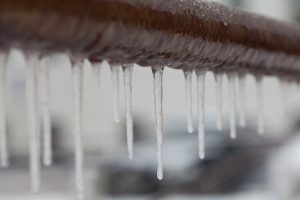 It’s rare for burst pipes to occur in the warmer time of the months. Homeowners tend to have visions of clogs and leaks backing up to a point that their pipes explode, but this is a little over the top. Burst pipes are a possibility, but not due to clogs—it’s due to the water in those pipes freezing.
It’s rare for burst pipes to occur in the warmer time of the months. Homeowners tend to have visions of clogs and leaks backing up to a point that their pipes explode, but this is a little over the top. Burst pipes are a possibility, but not due to clogs—it’s due to the water in those pipes freezing.
There are actually a number of plumbing problems that can occur this time of the year, and our professional plumbers are familiar with all of them, and therefore can help correct each one. However, we’d like to give you some info on how they occur so you can watch out for them and maybe even prevent damage to your plumbing in Wilmette, IL.

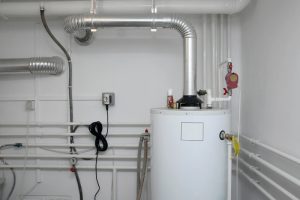 No matter the season, no matter what outdoor temperatures are, there is one home comfort system you will need year-round, on a daily basis. That is your water heater! It’s easy to take this system for granted, along with the fact that you’ll get hot water from your taps whenever you need it.
No matter the season, no matter what outdoor temperatures are, there is one home comfort system you will need year-round, on a daily basis. That is your water heater! It’s easy to take this system for granted, along with the fact that you’ll get hot water from your taps whenever you need it.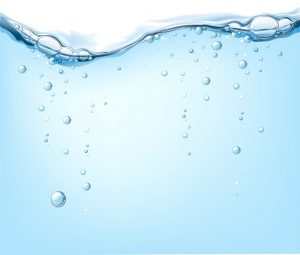 If you’ve lived in the Wilmette area for even just a year, you might already know the answer to this question. You know how heavy and sometimes unexpected rainstorms can be, and the subsequent flooding from these rainstorms can be very damaging, not to mention a nuisance! The last thing you need is a lake in your front yard, right? Unless you’re into that kind of thing—but we’d really encourage you to reconsider the contents of that lake.
If you’ve lived in the Wilmette area for even just a year, you might already know the answer to this question. You know how heavy and sometimes unexpected rainstorms can be, and the subsequent flooding from these rainstorms can be very damaging, not to mention a nuisance! The last thing you need is a lake in your front yard, right? Unless you’re into that kind of thing—but we’d really encourage you to reconsider the contents of that lake.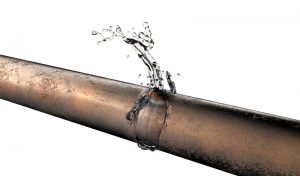 If you’ve been a homeowner for even just a short time, chances are you’ve had to deal with at the very least, a minor plumbing issue. And one of the most common of plumbing issues? Leaks!
If you’ve been a homeowner for even just a short time, chances are you’ve had to deal with at the very least, a minor plumbing issue. And one of the most common of plumbing issues? Leaks! 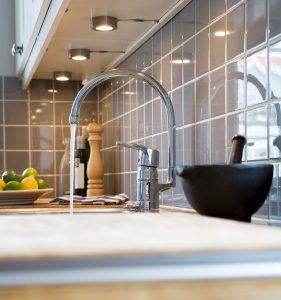 In our last blog post, we explored some of the ways in which you can
In our last blog post, we explored some of the ways in which you can  Drain clogs are an unfortunate part of life, particularly when they occur in one of the most used spaces in your home—the bathroom. Taking care of backed-up drains tends to be one of the most basic jobs of a professional
Drain clogs are an unfortunate part of life, particularly when they occur in one of the most used spaces in your home—the bathroom. Taking care of backed-up drains tends to be one of the most basic jobs of a professional  We may be known for our snowy winters, but there’s another winter threat that Winnetka homeowners face that’s not thought about enough—and that’s how much rain we get during this time of the year. The last thing you want to deal with is a flooded basement or any other type of water related emergency, so what can you do to avoid it?
We may be known for our snowy winters, but there’s another winter threat that Winnetka homeowners face that’s not thought about enough—and that’s how much rain we get during this time of the year. The last thing you want to deal with is a flooded basement or any other type of water related emergency, so what can you do to avoid it? 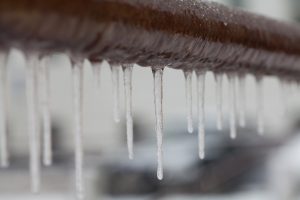 Temperatures are mild for the time being, but soon enough, they’ll drop to unbearably cold levels. As such, you’ve probably already start preparing by winterizing your air conditioner and getting maintenance done for your heating system, right? But what about your plumbing system? As fall progresses and we inch closer toward winter, the time to prep your plumbing is now.
Temperatures are mild for the time being, but soon enough, they’ll drop to unbearably cold levels. As such, you’ve probably already start preparing by winterizing your air conditioner and getting maintenance done for your heating system, right? But what about your plumbing system? As fall progresses and we inch closer toward winter, the time to prep your plumbing is now.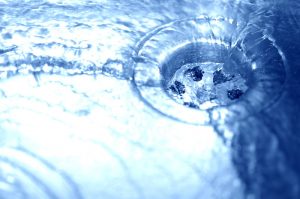 The plumbing system of your home is massive, and the smallest of problems can easily go undetected for months or longer. Something like a pinhole leak or the use of corrosive chemicals may seem really minor now, but give it time to build up and eventually you’ll have a plumbing emergency on your hands. Unfortunately, not many homeowners know how to properly take care of their plumbing pipes—in particular their drains.
The plumbing system of your home is massive, and the smallest of problems can easily go undetected for months or longer. Something like a pinhole leak or the use of corrosive chemicals may seem really minor now, but give it time to build up and eventually you’ll have a plumbing emergency on your hands. Unfortunately, not many homeowners know how to properly take care of their plumbing pipes—in particular their drains.